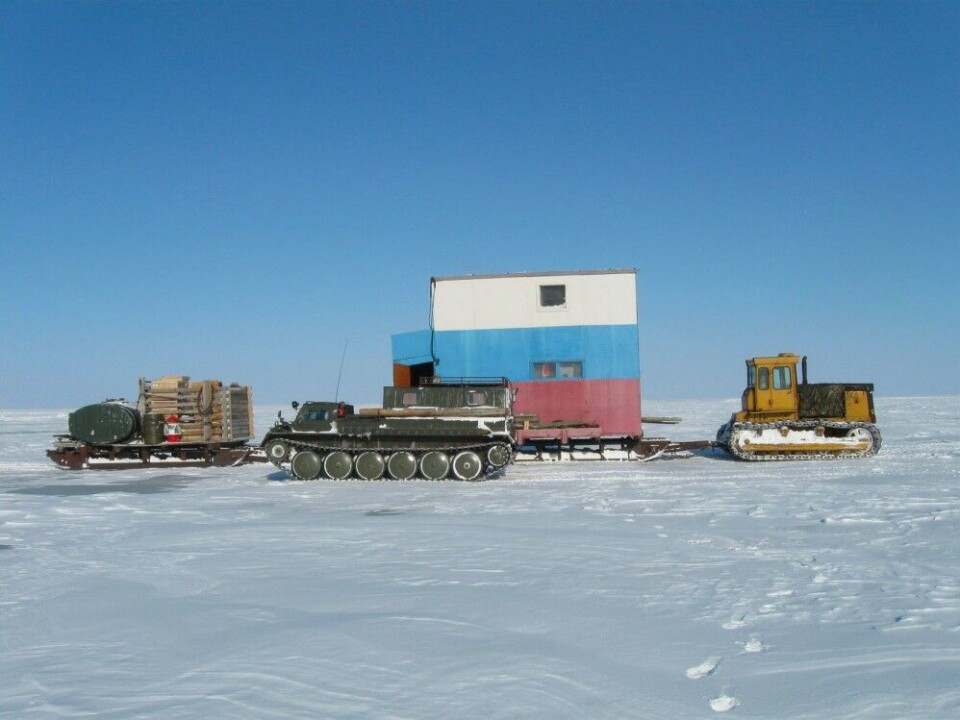
What is happening with Arctic weather? Moscow wants to know
The Russian government decides to upgrade 123 meteorological stations in the Arctic.
The network of meteorological stations has degraded over many years and a comprehensive upgrade is now direly needed, Deputy Prime Minister Yuri Trutnev made clear in a recent meeting in the Presidium of the Russian Arctic Commission.
The main motivation for the initiative is to provide safer shipping along the Northern Sea Route.
“Under Arctic conditions, the presence of an efficient system for meteorological monitoring means security. Without such a system we can not develop shipping on the Northern Sea Route, and furthermore — it would mean additional risks for people in the area,” he underlined.
According to the Deputy Premier, the state of Russia’s meteorological network in the Arctic has degraded to “the level of the 1950s.”
The new project includes a comprehensive modernization of 26 of meteorological service Roshydromet’s Arctic monitoring points, as well as partly modernization of another 97 points.
The east Arctic coast will be the main priority.
“This region is the most important in connection with the perspective development of year-round shipping on the Northern Sea Route in the eastern direction,” Trutnev said in the Commission meeting.
The upgrades are to be completed by year 2024, the Ministry of the Far East and Arctic informs.
Roshydromet will also get federal funding for a modernization of its Sever information system on Arctic sea-ice. That modernization includes an integration with the systems operated by Rosatom and its Northern Sea Route Directorate.
The federal authority is leading key parts of Russia’s research of Arctic weather and climate developments.
It is taking an active part in the ongoing major investments in the Russian Arctic, including the development of the Northern Sea Route.
Shipping across the Russian Arctic has increased explosively over the last years and in 2020 exceeded 32 million tons of goods. That figure is to increase to 80 million tons by year 2024 and to 130 million tons by 2035, Yuri Trutnev reiterated to the member of the Arctic Commission.

















